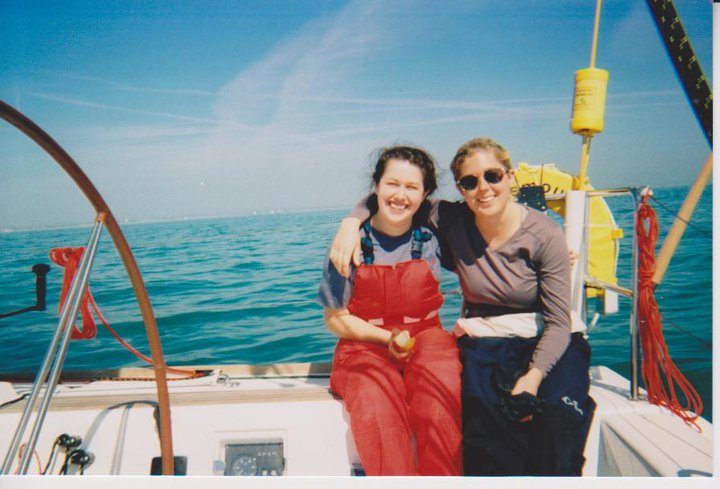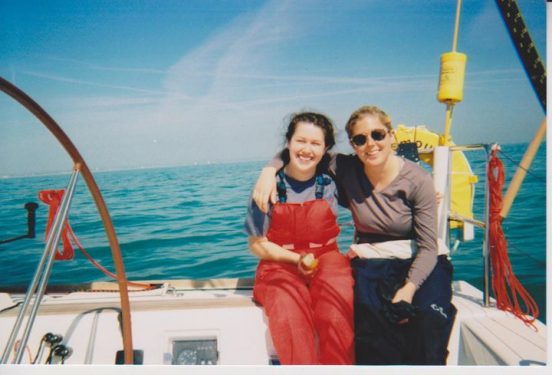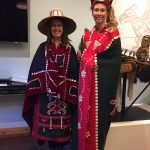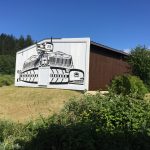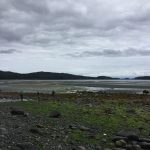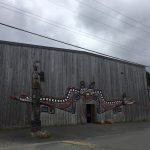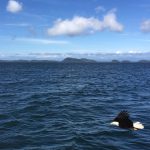1. Do a search and find at least three (3) different definitions of literacy and/or descriptions of types of literacy. Only one may come from a dictionary. These must be significantly different from one another. List these here with sources (APA).
- ‘the ability, confidence and willingness to engage with language to acquire, construct and communicate meaning in all aspects of daily living’ from Literacy with Young Children. (2016). Retrieved from https://education.alberta.ca/literacy-and-numeracy/literacy/
- ‘Competence of knowledge in a specified area’ from Literacy. (n.d.) In Oxford Dictionaries. Retrieved from http://www.oxforddictionaries.com/us/definition/american_english/literacy
- ‘being knowledgeable or educated in a particular field or fields’ from UNESCO. (2006). Understanding of Literacy. Retrieved from http://www.unesco.org/education/GMR2006/full/chapt6_eng.pdf
2. How do you define literacy?
An individual’s ability to be competent and knowledgable in a given subject area. They are able to verbally, innately and physically demonstrate their knowledge and teach it to someone with no knowledge.
3. Brainstorm three (3) unique areas of knowledge that you possess. List these here, and explain how each area fits within your definition.
- Baking – I’ve been baking since I was very young and have learned form my grandmother. I still enjoy baking and can experiment with new recipes.
- Sailing – I have been sailing since I was 13. Have taught it to children and adults. Raced numerous types of boats and was on my universities race teams.
- Skiing – I have been skiing for a long time and have skied all over the world in various conditions and difficulties. I have taught a friend to ski.
4. For each of the three areas, explain specifically what it means to be “literate” in that area. What do you need to know or be able to do?
- Baking – having a good knowledge of baking ingredients (baking soda vs powder), understanding the various techniques for cooking (whip, knead, flour…), knowing the instruments (spatula, bread hook, cupcake tin)
- Sailing – understanding the point of sail, knowing the parts of the boat, understanding elementary physics for the boats, knowing the types of boats, knowing safety measures, knowing how to sail in certain weather conditions, safety hazards, rules of the water
- Skiing – knowing the equipment, understanding the techniques, knowing types of snow/weather conditions
5. For each of the areas, explain what steps you went through to achieve literacy. Who taught you? What motivated you? What do you need to do to reach the next level of expertise? Discuss this in terms of Vygotsky’s social constructivist model of learning (Constructing Meaning, p.8)
‘Vygotsky theorized that people’s learning occurs within social interactions’ (p.8)
- Sailing: was taught by instructors and my peers. Getting to the next level required a lot of time spent with experts and a lot of social interactions to gain more knowledge.
‘Children are active in making their own meaning of the world but other people in their immediate social worlds also play an important role’ (p.8)
- Baking: was taught by my grandmother. I was motivated by the desire to spend time with her and also spend time in the kitchen.
‘Literacy is about communication’ (p. 8)
- Skiing: I was taught by instructors and my parents as a young child. I had to listen closely to a lot of instructions. I was motivated by my desire to become a better skier and also be better than my brother.
6. Areas of expertise have their own specific language. What are some of the terms that are associated with each of the areas you chose?
- Sailing – points of sail, leeward, dinghy, yacht, regatta, Bronze Sail IV, beam reach, port, starboard, jib, rudder, skipper, crew
- Skiing – powder, chairlift, bindings, wax, apres ski, black diamond, carving, edge, grooming, heliski, hard pack, kicker, moguls, nordic, off-piste
- Baking – whip, boil, combine, cube, knead, cream, grease, pare, ladle, fold
7. How would you characterize the group of people with whom you share these literacies? Name the group.
- Sailing – sailors, sea dogs, salty dogs, pirates, racers
- Skiing – ski bums, skiers, snow bunnies
- Baking – bakers, pastry chefs, grannies
8. How do other people who don’t share these literacies react to your interest and/or knowledge in these areas?
- Sailing – ‘can you teach me?’
- Skiing – ‘ lets go this winter!’
- Baking – ‘can you make something for me?’
